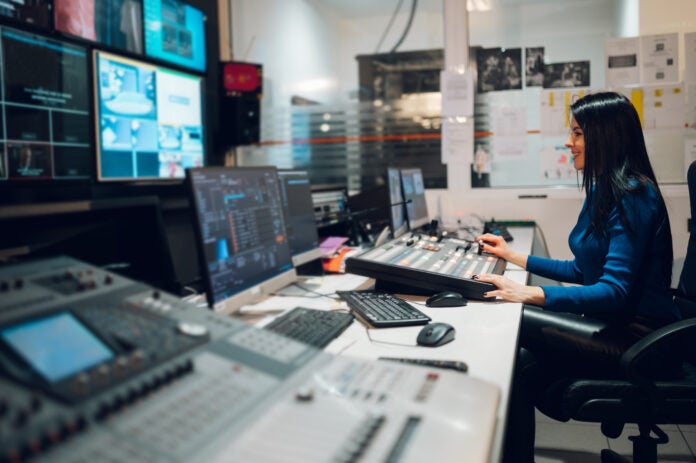A “first ever” global study has revealed that generative AI could claim nearly a quarter of music revenue for industry workers and more than 20 percent of audiovisual sector revenues by 2028. Commissioned by the International Confederation of Societies of Authors and Composers (CISAC), the report predicts a staggering $28 billion loss for human creators over the next five years as generative AI technologies continue their rapid growth.
The survey highlights how AI-generated content will grow the market exponentially, from just under $4 billion today to a projected $81 billion by 2028. Generative AI services in music and audiovisuals are expected to rake in more than $11 billion in annual revenues by then, up from just $381 million currently. This revenue boom, however, comes at the expense of creators, whose works are increasingly used without authorization to train AI models and generate content.
Creators Face Dual Threats
The report paints a grim picture for creators, who are losing on two fronts. First, their works are often used without permission to train AI models, resulting in unearned profits for AI developers. Second, human creators face direct competition as AI-generated content increasingly replaces traditional works. The cumulative loss for creators is estimated at $28 billion over five years: $12.7 billion for musicians and $15 billion for audiovisual professionals.
For the music industry, the impact will be particularly severe. Generative AI is predicted to account for 20 percent of streaming music revenues and 60 percent of music library revenues by 2028. Audiovisual creators like screenwriters and translators are not spared.
“Translators and adaptors for dubbing and subtitling will experience the strongest impact, with 56 percent of their revenue at risk,” the study shows, “while screenwriters and directors could see their revenues cannibalized by 15 to 20 percent.”.
A Call for Regulation
CISAC President and former ABBA member Björn Ulvaeus emphasized the urgency of regulating generative AI policies to protect creators. “For creators of all kinds, from songwriters to film directors, screenwriters to film composers, AI has the power to unlock new and exciting opportunities,” he said. “But we have to accept that, if badly regulated, generative AI also has the power to cause great damage to human creators, to their careers and livelihoods.”
CISAC Director General Gadi Oron called for policymakers to act decisively to prevent creators from being left out of the industry’s growth as creators’ works are “unfairly and unethically appropriated to boost the revenues of Gen AI providers.”
“They must ensure that human creators are protected, can exercise their legal rights, and can demand transparency from AI services,” Oron said. “With these principles enshrined in the AI environment, this can be a win-win for creators and the tech industry rather than a threat to our culture and creative sector.”
Learn more about the ethical challenges facing artificial intelligence as it changes industries.
